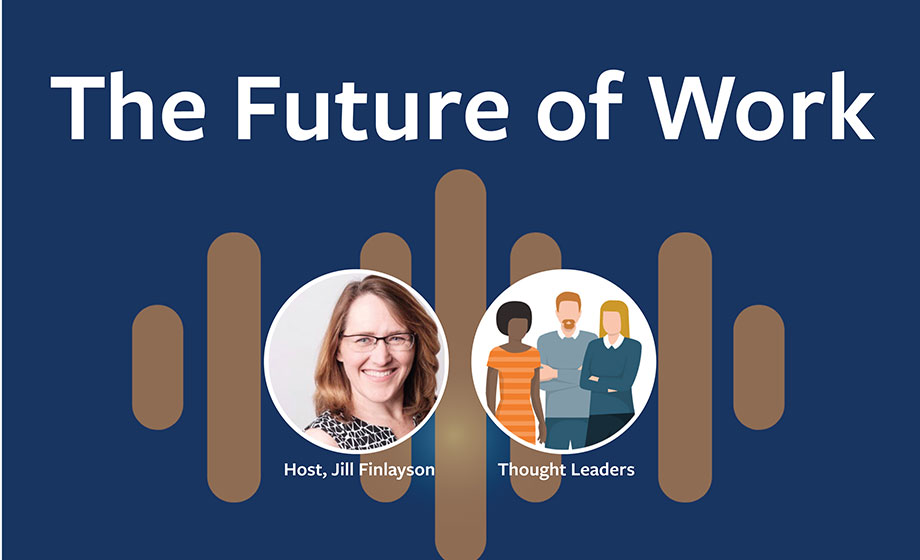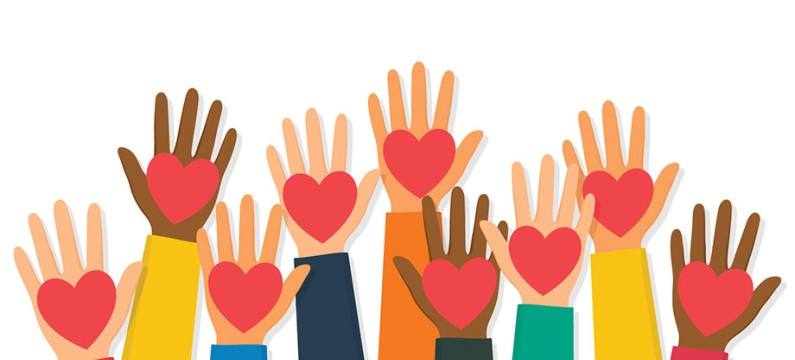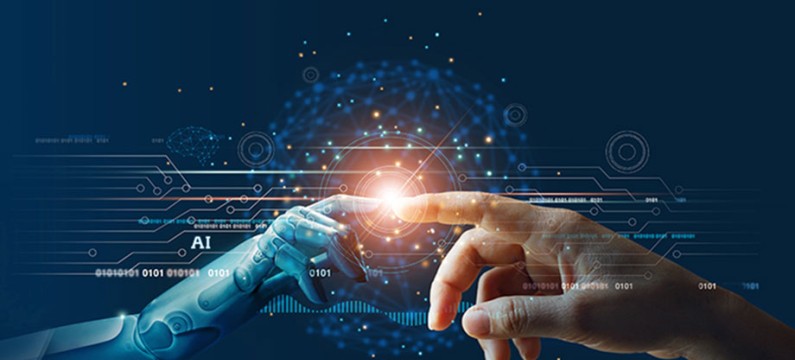Podcasts

The way we work and the skills we need to succeed continues to shift. Each month, we speak with industry leaders to discuss the changing evolution of the workforce and how you can stay competitive.
With the advent of generative AI and large language models and chatbots, we need to take a look at the skills you will need, the jobs that are impacted and the opportunity to increase productivity—not only for yourself, but for an organization as a whole. With AI evolving at lightning speed, are we quickly entering the age of adopt or perish? To take a deeper dive, we have invited Chalenge Masekera to join us.
This month, we’re taking a look at collaborative intelligence. Collaboration is essential but often times invisible. It can either contribute to the success or lead to the downfall of a project. We collaborate in a number ways, using a number of different tools and in different places, but do we really understand how to collaborate effectively? What is the difference between collaboration and coordination? How does can collaboration inspire innovation? When does collaboration become overkill and lead to employee fatigue?
This month, we take a look at the recent U.S. Supreme Court ruling that essentially struck down four-and-a-half decades of legal precedent that allowed higher-education institutions to consider race as one of the many factors in their admissions evaluations. While California has been grappling with this challenge since Prop 209 passed in 1996, now across the nation universities are seeking new ways to define college admissions that will help level an uneven playing field.
This month, we continue our conversation on Artificial Intelligence and how it might change your job and create wholly new jobs. ChatGPT, a generative AI chat bot from OpenAI, and Bard from Google are changing how we see AI's role in how we do our jobs. From drafting speeches to writing and debugging code, AI can remove some of the grunt work. But as Sam Altman, OpenAI CEO, said to Congress, "AI is a tool. It's not a creature." AI can help with tasks, but not jobs.
This month, we’re taking a look at Artificial Intelligence and how it is changing the way we educate and the way we work. When we first started hearing about AI, there was a lot of conversation about automation, job displacement and up-skilling. Then this year, ChatGPT set the record for the fastest-growing user base with more than 100 million users as of February 2023. AI is changing how we think about teaching, what we are teaching and how we assess learning. Governments are asking how we maximize the good that can come of artificial intelligence, but minimize the bad.
A few episodes back, we talked about hybrid work and the growing strength that employees have in shaping the how and when of their work. This month, we’re putting a spotlight on a trend that is picking up steam—the idea of a four-day work week. This experimentation is revealing pros and cons when implemented in countries such as Japan, Spain, the UK and South Africa. While a four-day work week may help boost employee productivity and mental health, not every worker can participate. So who chooses the when and how to introduce a four-day work week?




